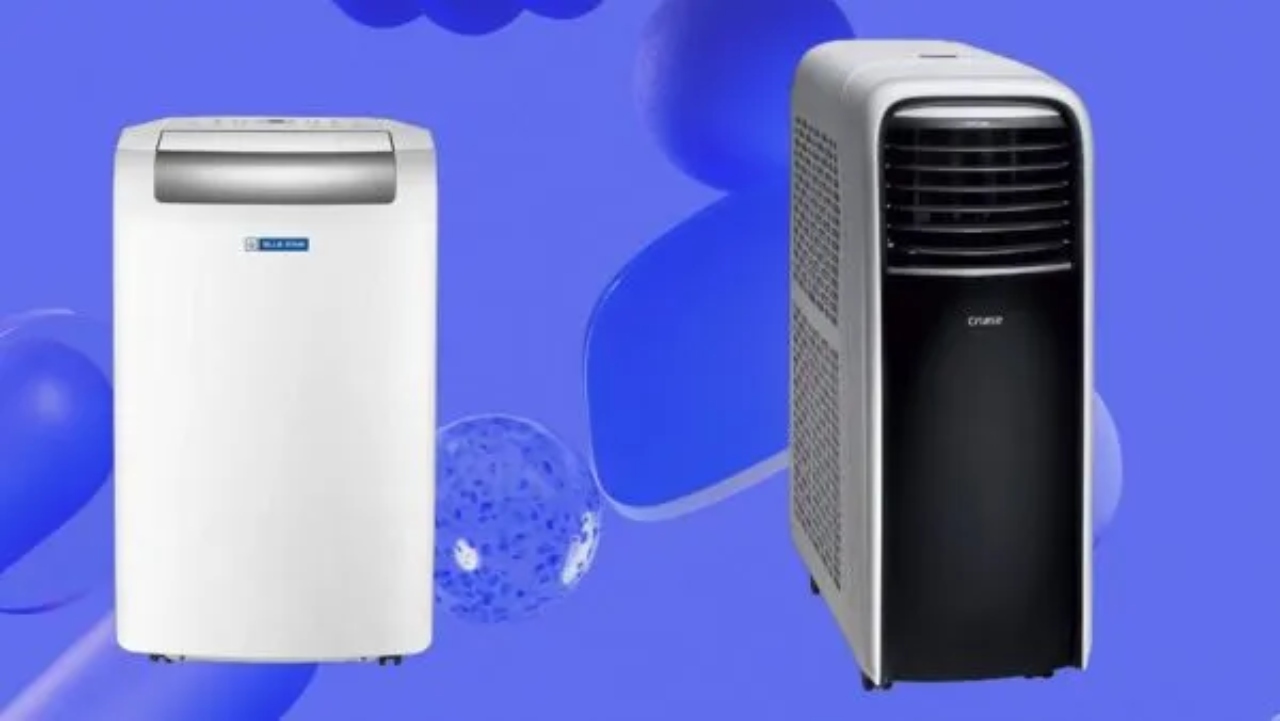If you’re planning to buy a new AC for your home, making the right choice can be confusing with so many options available online. With evolving technology, ACs now come with advanced features that can significantly impact cooling efficiency and electricity consumption. This guide will help you understand the key factors to consider before making a purchase.
Window AC vs. Split AC: Which One to Choose?
One of the first decisions while buying an AC is choosing between a Window AC and a Split AC. Both have their advantages and drawbacks.
-
Window AC – This type comes in a compact design with all components in a single unit, making installation easier and maintenance more convenient. However, they tend to produce more noise compared to Split ACs.
-
Split AC – A Split AC has two units (indoor and outdoor), resulting in quieter operation. However, installation is more complex and expensive, and maintenance costs are higher than Window ACs.
Choosing the Right AC Capacity
Once you decide on the AC type, the next step is selecting the appropriate cooling capacity. AC capacity is measured in tons, which indicates the cooling power. The common options include 1 Ton, 1.5 Ton, and 2 Ton.
For larger rooms or spaces with more people, a higher-capacity AC is recommended to ensure efficient cooling.
Inverter AC vs. Non-Inverter AC: What’s the Difference?
Understanding the difference between inverter and non-inverter technology is crucial for making an energy-efficient choice.
-
Inverter AC – These ACs consume less electricity as they adjust the compressor speed based on cooling needs. They also cool larger spaces faster and maintain consistent temperatures efficiently. Inverter ACs use Variable Frequency Drive (VFD) technology, which optimizes power consumption.
-
Non-Inverter AC – These ACs operate at a fixed speed and consume more electricity. They take longer to cool a room and are less energy-efficient compared to inverter models.
Energy Star Rating: A Crucial Factor
Before finalizing your AC, always check the BEE (Bureau of Energy Efficiency) Star Rating. The rating ranges from 1 star to 5 stars, with 5-star ACs being the most energy-efficient, helping reduce electricity bills.
Installation and Warranty Considerations
-
Installation – Window ACs are easier and cheaper to install compared to Split ACs, which require professional setup.
-
Warranty – Most brands offer a 1-year warranty on the AC unit and 5-year warranty on the compressor. Always check warranty terms before purchasing.
Additional Features to Look For
Modern ACs come with several advanced features that enhance convenience and efficiency:
-
Smart ACs – WiFi-enabled ACs can be controlled via smartphone apps, allowing remote operation.
-
Air Purification Filters – Some ACs include filters that help remove dust and allergens, improving indoor air quality.
-
Dehumidifier Mode – Helps reduce humidity levels, making the room more comfortable during monsoons.
By considering these factors, you can ensure you choose an AC that provides optimal cooling while keeping electricity costs low.
